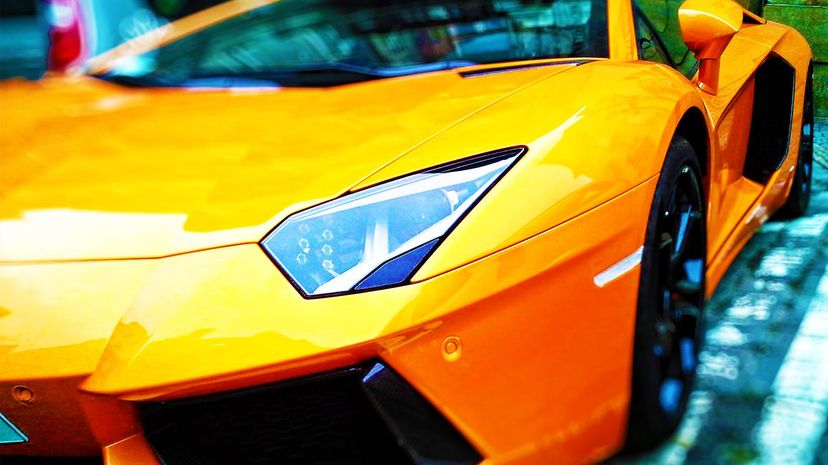
About This Quiz
Cars, SUVs and trucks are a part of our everyday lives, but for some of us, the automobile is a part of our soul. The rev of a high-end engine snaps our head around to find the source of that beautiful music, and finely drawn aerodynamic lines thrill us as much as any piece of art. But how deep does your pool of automotive wisdom really go? Get ready to find out!
Most of our automotive quizzes focus on particular decades, brands, themes or technology. This quiz is a little different; to ace this, instead of knowing a lot about a few things, you need to have a broad knowledge about automobiles as a whole - how they work, the companies that make them, the vehicles' places in history and how they fit into our society.
With enough practice, anyone can be an expert at one particular facet of the automotive world. We think you're different. We think you've got what it takes to show you have Auto-Versal knowledge of things with four wheels. Time to prove us right!
Think you're ready for this kind of action? Are you a professor of pistons? A doctor of drive shafts? Do you know enough to get your Ph.D. in objects with high rpms and mph? We have faith that you'll show us your credentials. You've got this! Let's go!
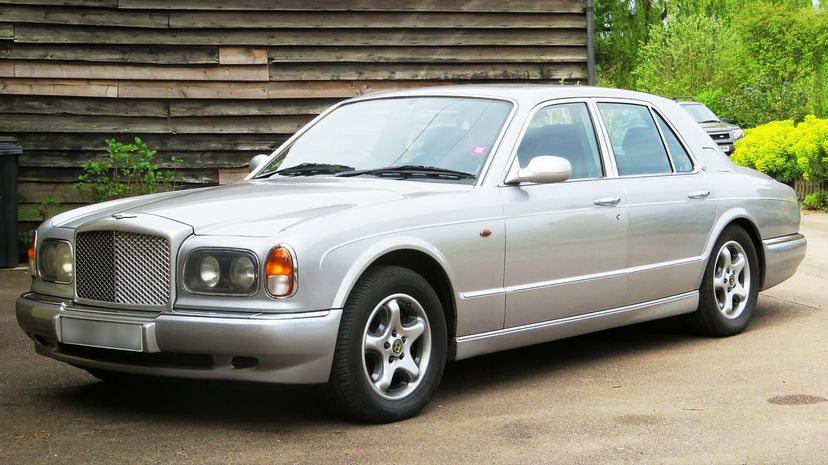
Volkswagen, the maker of the humble Beetle, has been busy in the past few decades. In addition to these brands, the automaker's parent group also owns Bugatti, Ducati and more. So, the next time a Lamborghini Aventador pulls up next to your Jetta, feel free to smile; you have nothing to prove.
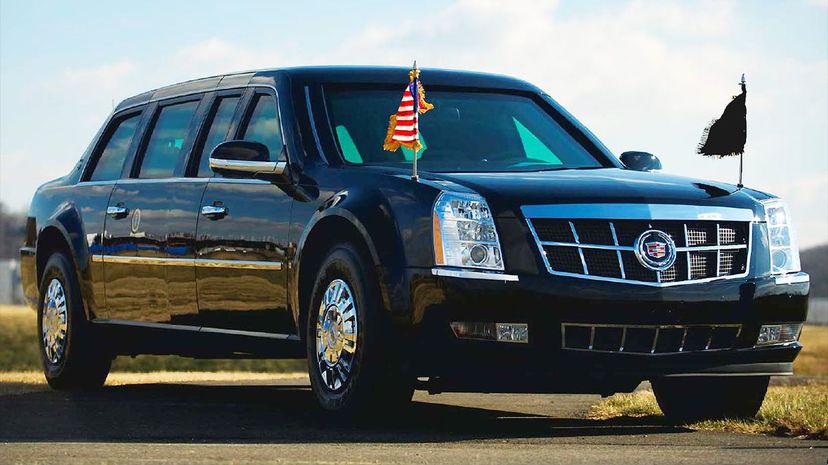
It's armored, reinforced and has bullet-proof glass, among other modifications, but the U.S. president's limousine - referred to as "Limo One" or sometimes "The Beast" - is an augmented Cadillac. It's based on the CT6, although it includes styling elements from other Cadillac models. It's not one-of-a-kind, though, since there is also a spare.
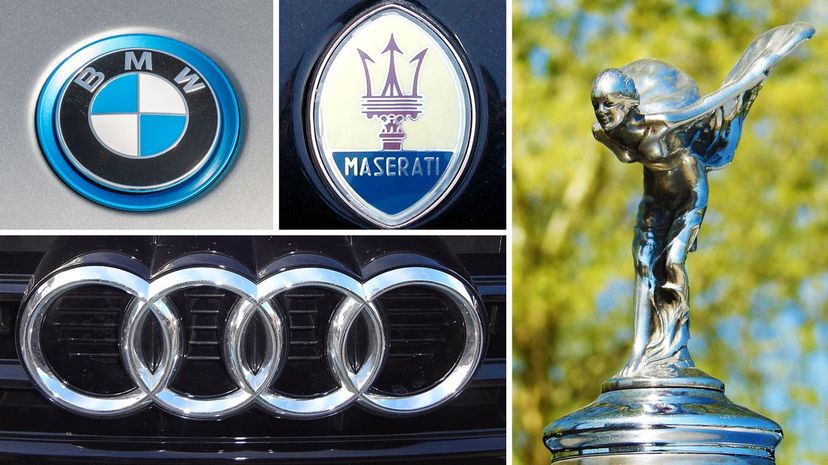
The graceful lady leaning into the wind on the hood (or bonnet) of Rolls-Royce automobiles has a name - The Spirit of Ecstasy. The ornament first appeared on the automaker's vehicles in 1911. On modern vehicles it rests on a spring-loaded platform that instantly retracts in the event of a collision and can be lowered if the owner believes someone might have larceny on their mind.
Advertisement
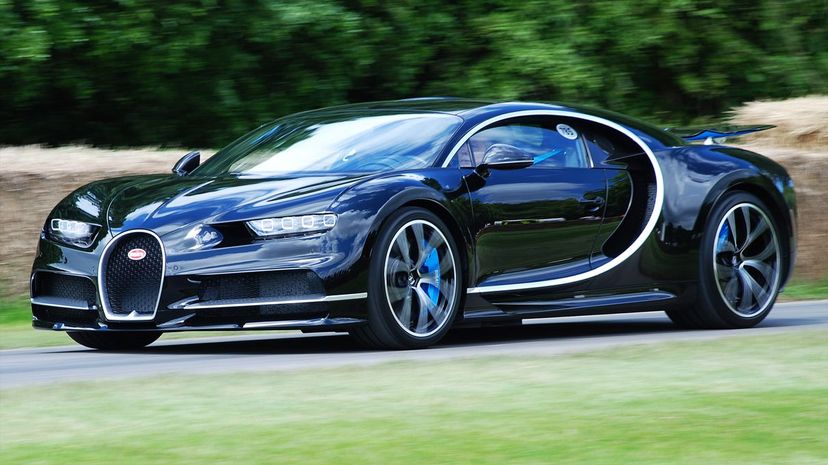
This one could be controversial, but let's wade into it, shall we? In 2019, the Bugatti Chiron set a record at Germany's Ehra-Lessien test track by going a blistering 304 miles per hour. The controversy is that some are saying this model is "special" and not actually a stock production car. Bugatti has been cagey with details but is standing behind its claim.
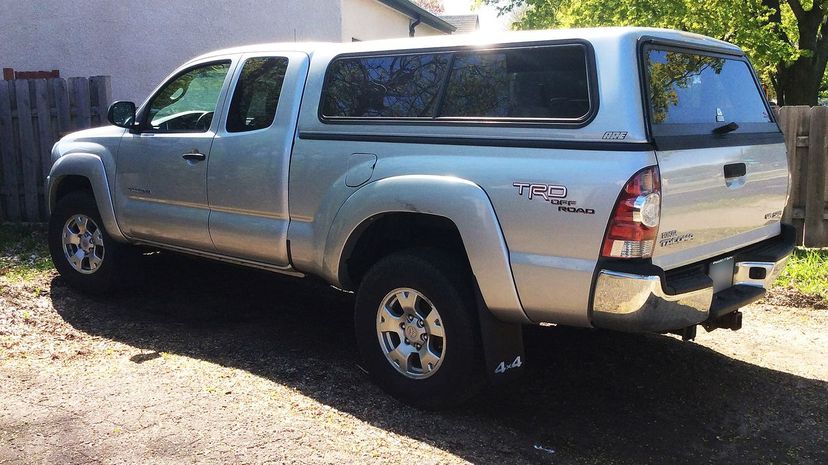
The Toyota Racing Development division is responsible for designing options that improve the handling and performance of Toyota and Lexus vehicles, which includes components for augmenting suspension, various supercharger options and performance wheels. TRD is also active in motorsports, including NASCAR, NHRA and Formula Drift.
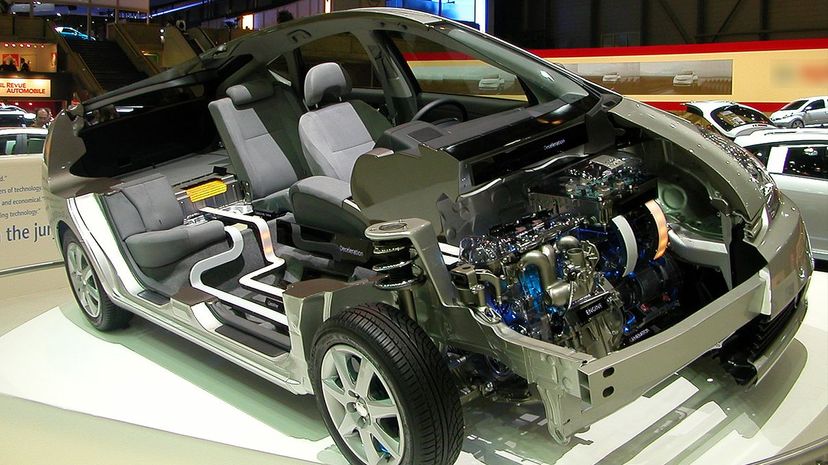
The Toyota Prius, introduced in 1997 in Japan, was the world's first mass-produced car that offered a hybrid gasoline/electric powertrain. A decade later, Toyota sold its one-millionth Prius. The vehicle is now in its fourth generation and is sold in more than 90 countries.
Advertisement

Sadly, all of these statistics are true. Cell phones are wonderful devices that keep us in contact with our friends and loved ones during the day, but there are times when the phone needs to be put away. More than 4,000 people are killed and 390,000 people are injured in the U.S. each year because of distracted drivers.
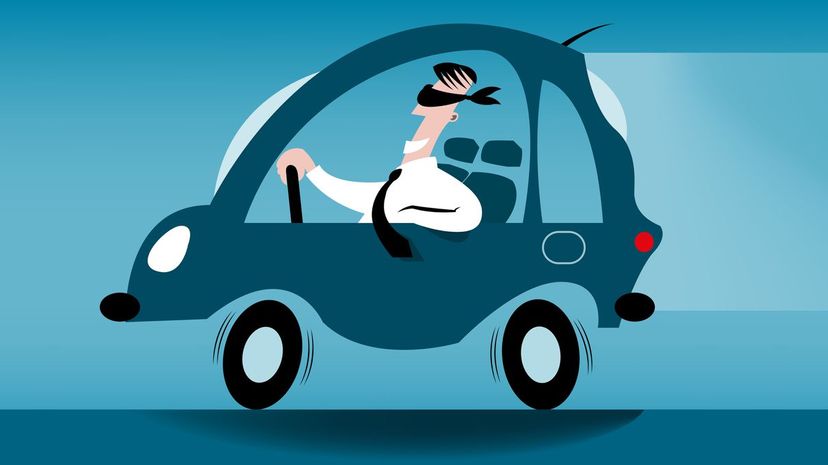
There are many, many antiquated laws on the books. Some of them are odd (like the illegal dirty cars in Russia), while others make sense (you really shouldn't drive blindfolded or jump from cars on the highway, no matter where you are). Think about this, though - most of these laws exist because someone probably did it (and might have gotten away with it).
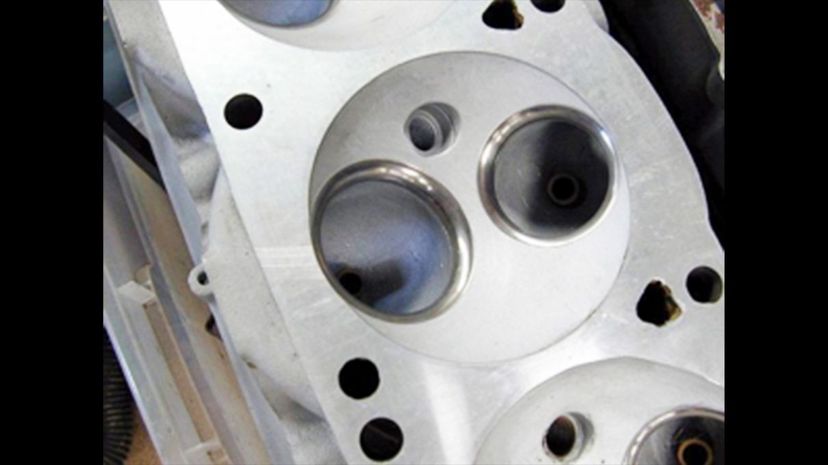
In a regular, non-HEMI engine, the top of the cylinder, where the internal combustion process takes place, is flattened. In a HEMI, the top of the cylinder is hemispherical (giving it its name), or shaped like a dome. This change in shape leads to less heat loss, higher pressure and more power. Fuel efficiency does suffer, however, and the engines are heavier and more expensive.
Advertisement
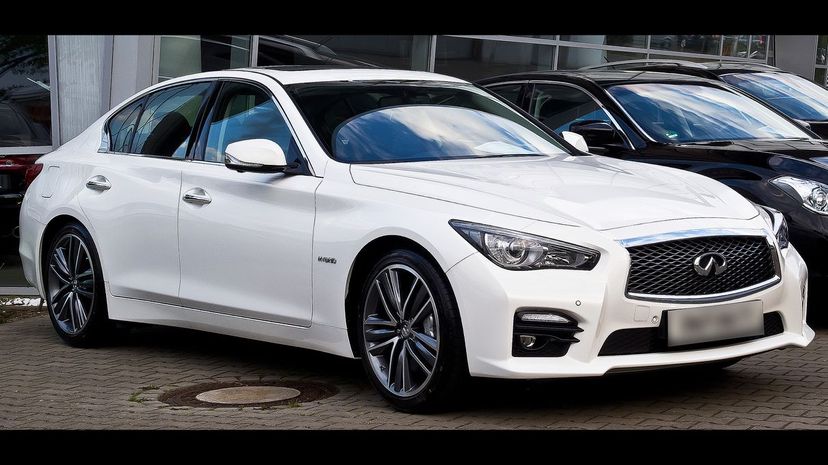
Infiniti is the luxury arm of Nissan, kicking off in 1989 in North America and currently sold in more than 50 countries. The brand, which now offers the Q50, Q60 and Q70 among its inventory, aims to make its entire line either hybrid or electric by 2021.

Lido Anthony "Lee" Iacocca had one of the most storied careers in the modern automotive industry. Hired as an engineer at Ford, he quickly moved to the sales side and championed the design of the pony car, which would later become the Mustang, to shake off the Edsel disaster just a few years previous. Later, he became president of a struggling Chrysler and was able to turn it around.
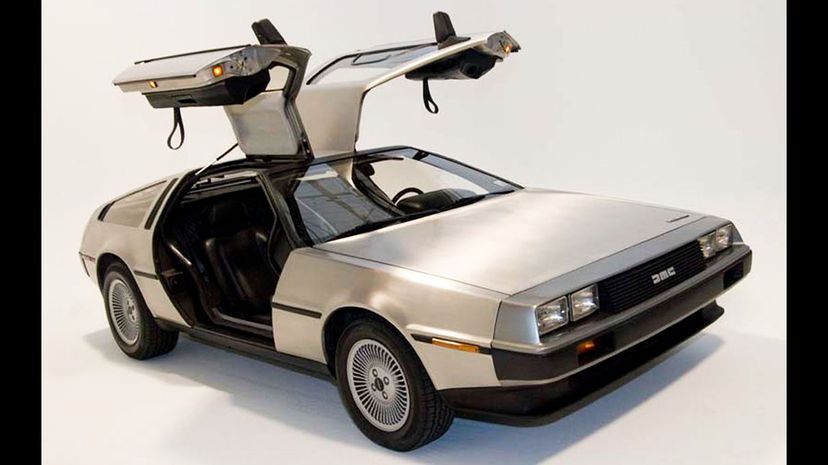
If you see a DeLorean DMC-12 with a paint job, that was aftermarket work (and a crime against automobile styling) because the vehicle was finished in stainless steel. In the movie, Doc said that the stainless steel construction helped with the time machine's "flux dispersal." A few DMC-12s were gold plated as part of an American Express promotion.
Advertisement

When cars pull up to an intersection without a traffic light, the car that arrives first has the right of way. When two or more cars pull up at the same moment, the right-most vehicle has the right of way. And, to keep things moving, when you have the right of way, make sure the lane is clear and don't be afraid to take it!
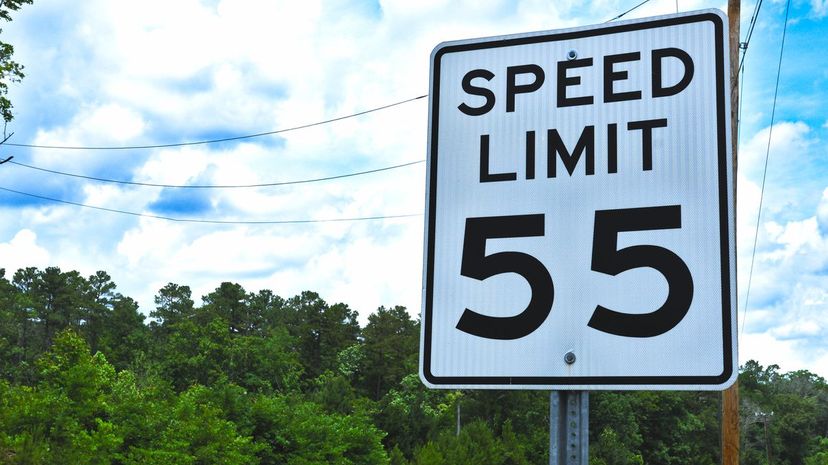
In the early and mid-1970s, an oil crisis was leading to long gas lines and high oil prices. The 1974 National Maximum Speed Law was an effort to save gas as part of the Emergency Highway Energy Conservation Act. It was modified in '87 and '88 to raise the limit to 65 on some roads. The law was repealed, leaving the limit up to the states, in 1995.
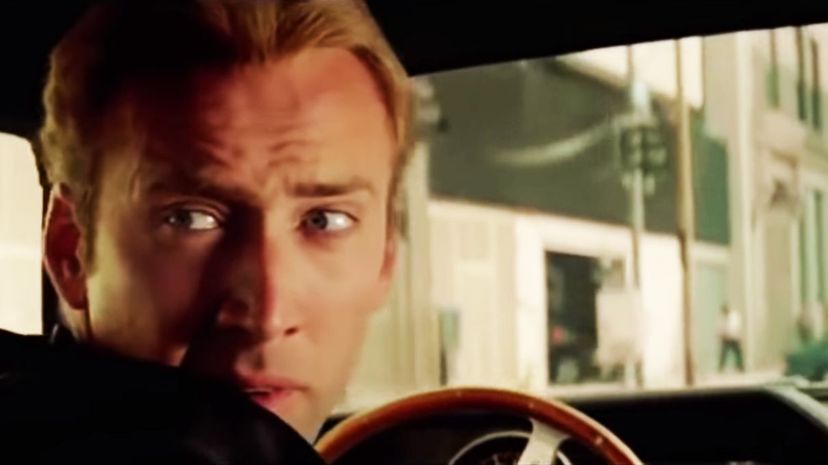
"Eleanor" is a customized Ford Mustang that is the object of the hero's affection in both the 1974 and 2000 films, "Gone in 60 Seconds." In the earlier film, she is a 1971 Sportsroof (posing as a 1973 model), while in the later film, she is a 1967 Shelby Mustang GT500.
Advertisement
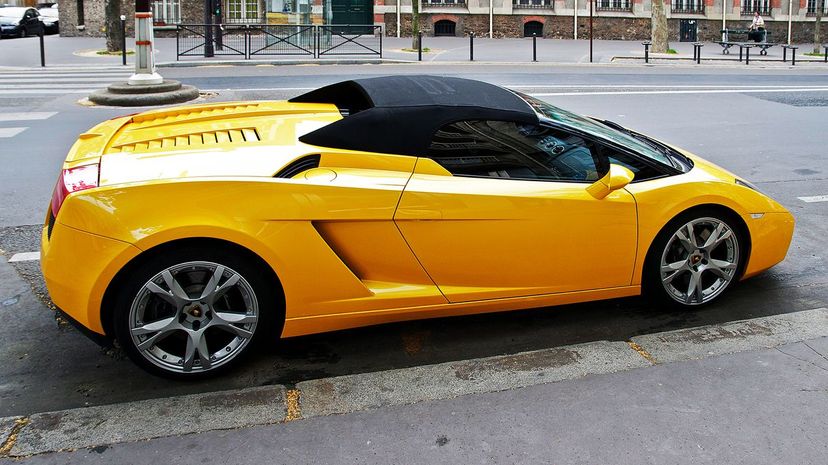
In the 1950s, Lamborghini was one of Italy's largest agricultural equipment manufacturers, specializing in tractors. The company did so well in post-war Italy that its founder, Ferruccio Lamborghini, got to indulge a childhood interest in cars, forming Automobili Lamborghini in 1963.

Saab - Svenska Aeroplan Aktiebolaget, or "Swedish Aeroplane Corporation" - saw that in a post-war Europe the demand for airplanes for the Swedish Air Force was going to decline rapidly, so the company founded Saab Automobile AB and created its first car, the Saab 92, in 1949. Saab AB still exists as a Swedish aerospace and defense company.
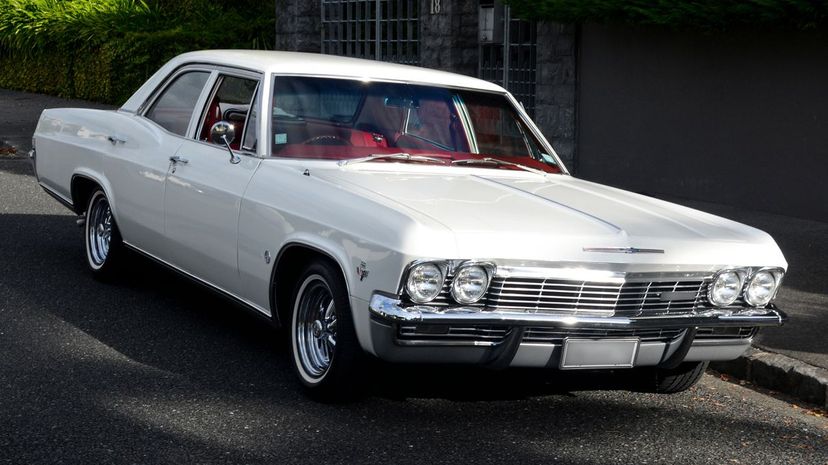
The Chevy Impala set the bar for car sales in 1965 when 1,074,925 units of the Impala and Impala SS were sold. Introduced in 1957, the Impala has undergone many design changes during its 10 generations, but it has historically been one of Chevy's top sellers.
Advertisement
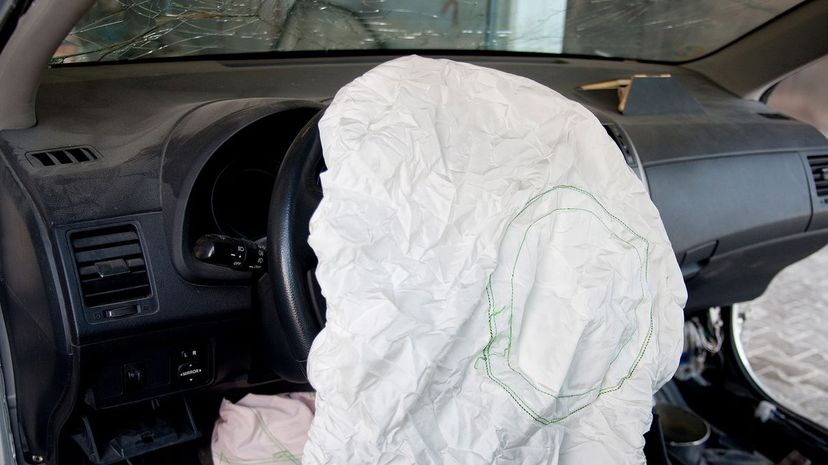
There's no time to lose when your car is in a collision because the physics of the situation is that you're still moving at the speed you were at the point of impact, even though your car has stopped. Your airbag, filled by a rapid explosion of nitrogen gas, will deploy in the blink of an eye, literally, to cushion your impact.
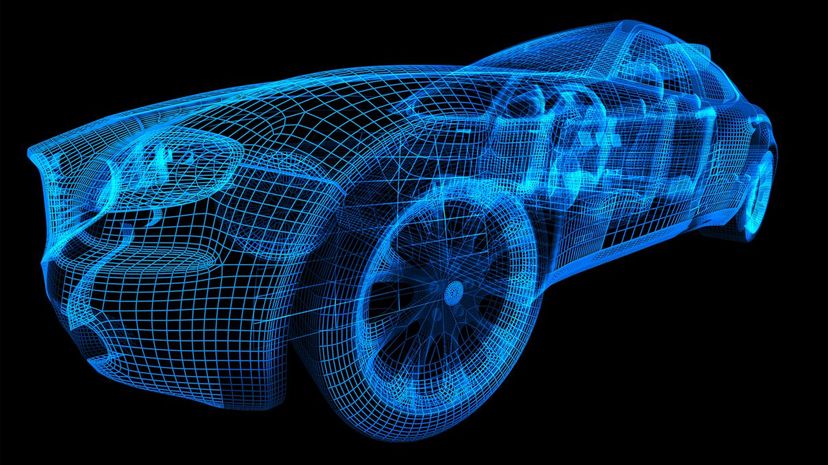
Counting everything from the engine block to the screws that hold everything together, the modern automobile consists of about 30,000 parts, all working together in harmony to get you from Point A to Point B. So, the next time you have to take yours in for maintenance, just remember it's kind of an engineering miracle that the thing works at all!
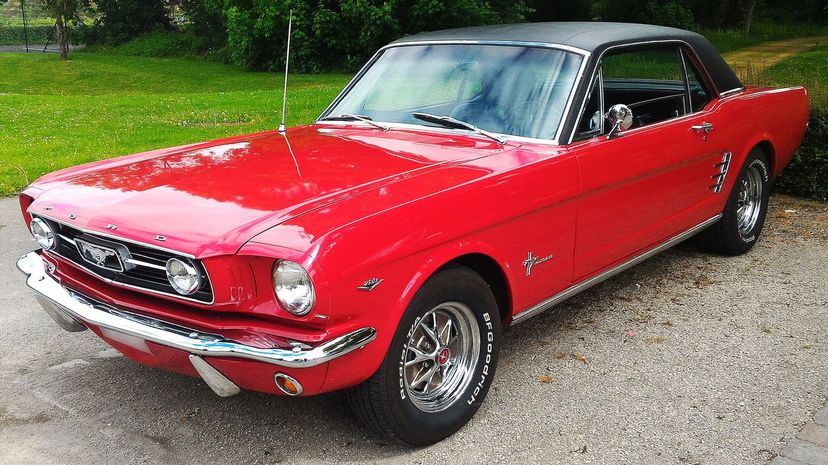
The Mustang bolted out of the gate like its namesake late in the 1964 model year. Ford expected to sell around 100,000 the first year; they sold more than 400,000. The "father" of the Mustang, Lee Iacocca, said he knew they had a good thing going when he saw a sign in a restaurant window that said, "Our hotcakes are selling like Mustangs!"
Advertisement
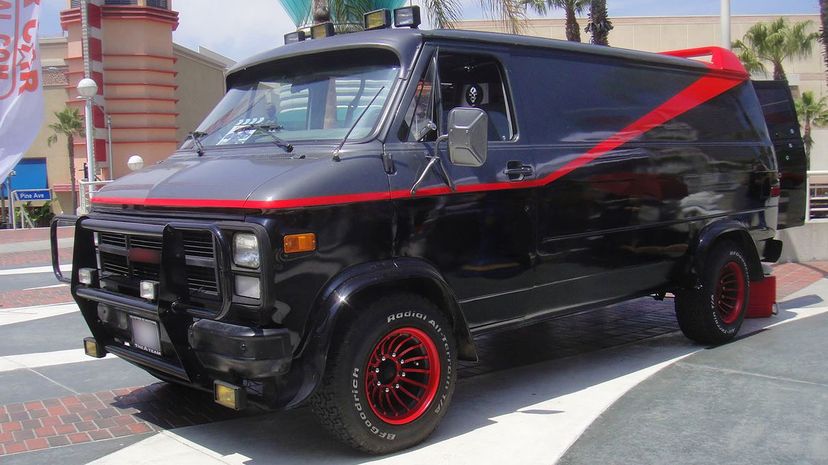
Framed for crimes they didn't commit, four Vietnam vets - "Hannibal" Smith, Templeton "Faceman" Peck, "Howling Mad" Murdock and B.A. Baracus - offered their services for hire to people who needed some TV-friendly vigilante justice. The four would arrive in their distinctive red-and-black GMC Vandura and prepare for their plan to come together.
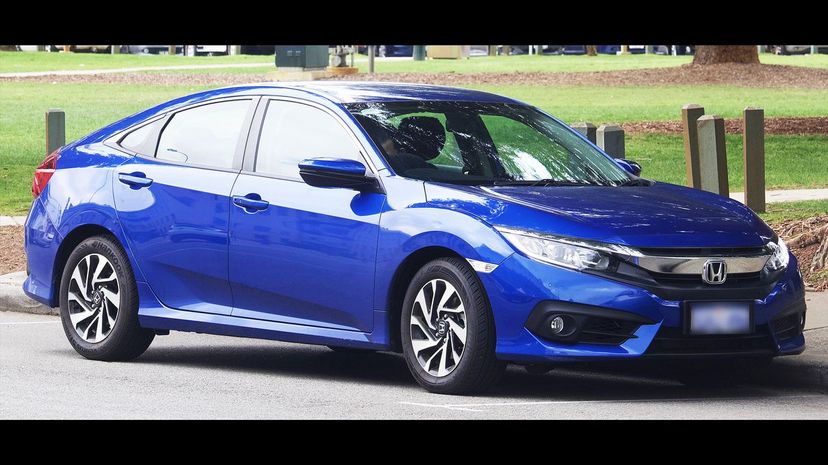
Lock your doors if you're driving a Honda Civic, because it was No. 1 on car thieves' "most wanted" list, as of 2017. Be particularly on guard if you have a 1998 - it's the top model year of the top model stolen. The Honda Accord and the Ford F-150 round out the top three.

Colors of cars change over time just as colors vary in fashion (although it's so much easier to change your clothes to follow trends than to repaint your vehicle). In the U.S. in 2019, 23% of vehicles overall were coated with silver, while 15% were white and 12% black. And, despite urban legends, color has no impact on insurance rates, so if you want a red car, you go get you a red car!
Advertisement
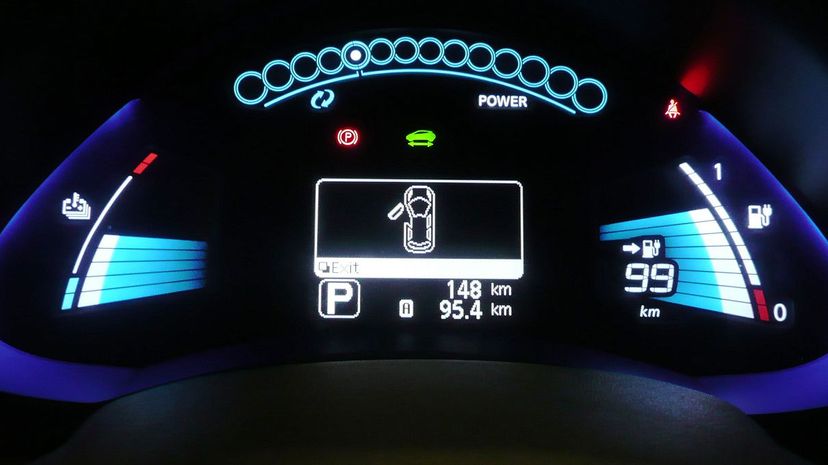
The Nissan LEAF was introduced in 2010 and was the first mass-produced electric car aimed at a consumer audience. In addition to its electric powertrain, the first generation LEAF was green in other ways: approximately 60 percent of its interior plastic was made out of recycled water bottles.
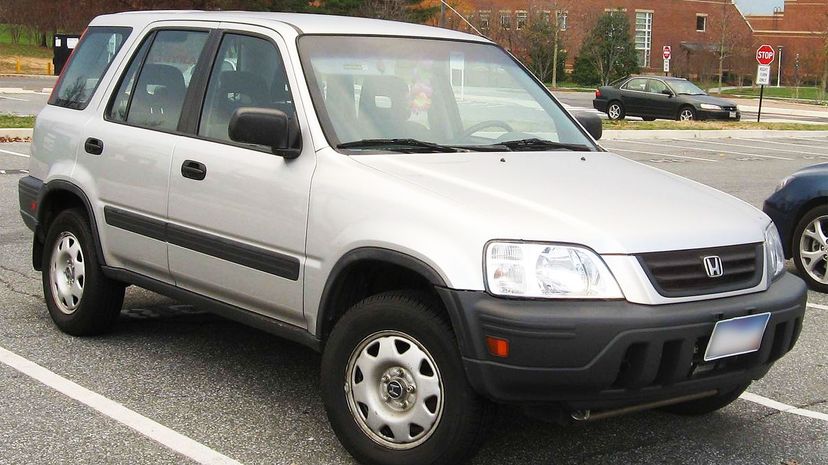
Are you the spontaneous type, always ready for anything? Honda had just the feature for you! From 1997 through 2006, every Honda CR-V came with a folding picnic table that could be stowed under the cargo area. The table was a bit flimsy and couldn't stand up to a lot of weight, but it was something no other automaker was offering at the time (or since, for that matter).
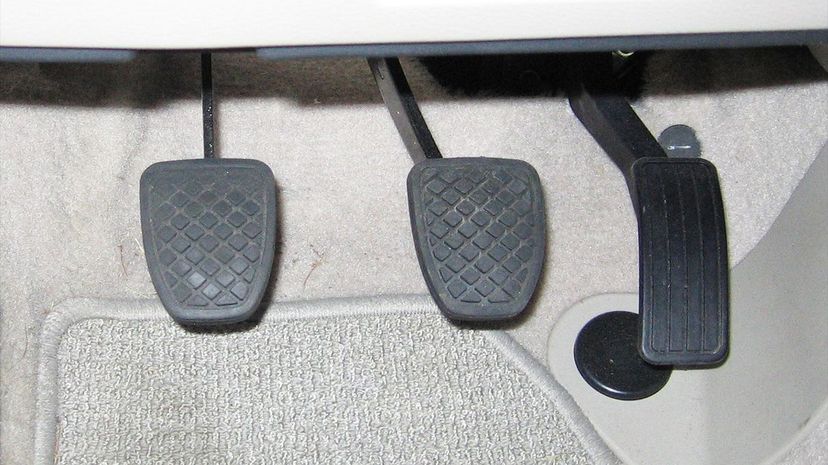
Although there is a class of automotive drivers who swear by them, the manual transmission has seen better days. An Edmunds.com study found that in 2006, 47% of new cars in the U.S. were available as a stick; in 2018, it was 20% and falling quickly.
Advertisement
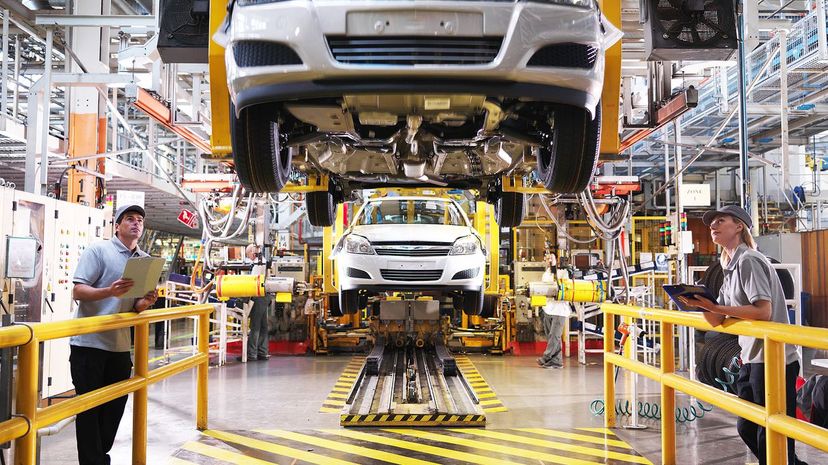
Defining "cars" as having at least four wheels, with seating for no more than nine people, used for transportation of passengers, approximately 70 million cars were manufactured in 2018 - down slightly from 73 million the year before. There were 25 million commercial vehicles made in 2018.

It's legal to turn right at a stoplight if no traffic is coming everywhere in the U.S., unless prohibited by a sign or dedicated traffic light. There are also some places in the country where it's legal to turn left onto a one-way street at a red light, if all legs of the intersection are one-way streets. Don't get caught doing it in places where that maneuver is illegal, though - for instance, New York City, Maine, North Carolina, parts of Missouri or Guam.
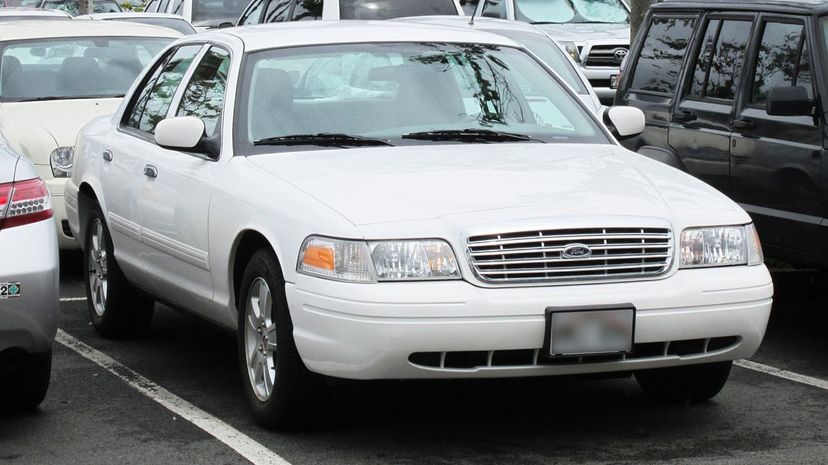
Before kids today had Bluetooth connectivity and kids before them had CD players, the Ford Crown Victoria was the last to offer the humble cassette player as a standard feature. Driving to a mixtape specially made by your guy or gal is a lost art now that you have practically unlimited choices, thanks to streaming services.
Advertisement
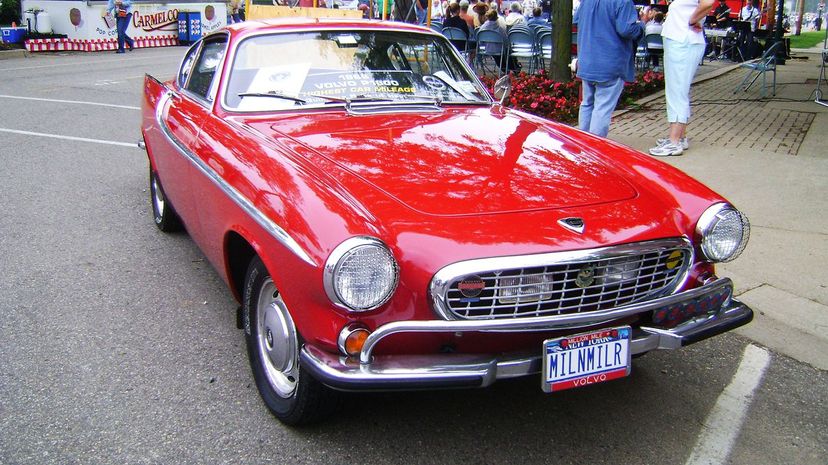
The current Guinness World Record is held by Irv Gordon, a U.S. resident who drove 3.2 million miles in his 1966 Volvo P1800S, doing just basic maintenance (oil changes every 3,000 - 3,500 miles and a transmission fluid change every 25,000 miles). Gordon passed away in 2018, but he left an impressive record for others to shoot for.
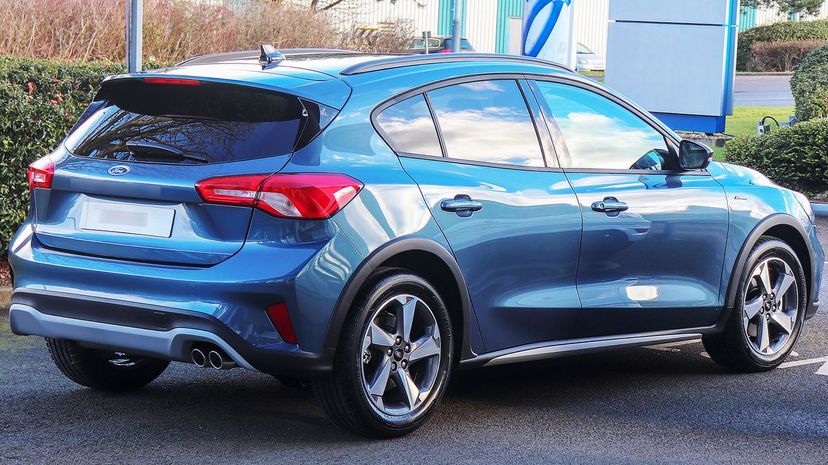
Planning by 2020 to produce SUVs, trucks and crossovers as 90 percent of its North American inventory, the only passenger car models Ford has now are the Mustang and the Focus Active. The Focus Active debuted in 2019 and is itself a crossover-type hatchback.
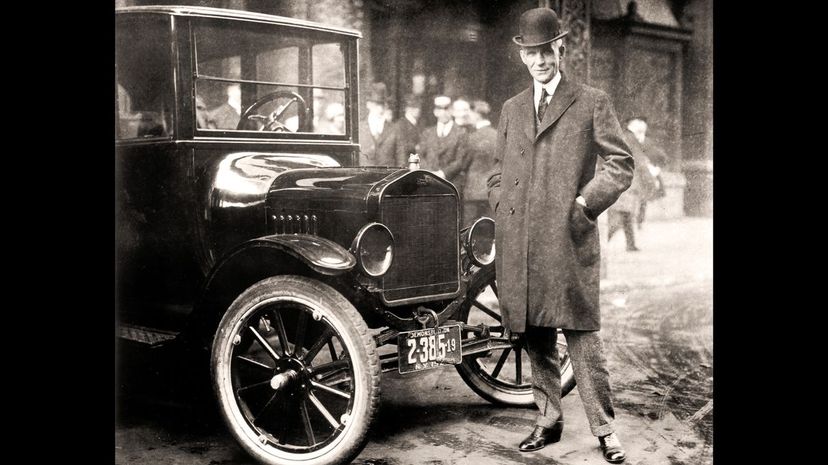
In his 1922 book "My Life and Work," Henry Ford wrote that "Any customer can have a car painted any color that he wants, so long as it is black." That wasn't always the case, however. From the Model T's introduction in 1908 through 1914, buyers could get a blue, gray, green or red Model T - but not black. In an effort to streamline production, black was the only option from 1914 through 1925. After that, colors were available again until production ended in 1927.
Advertisement
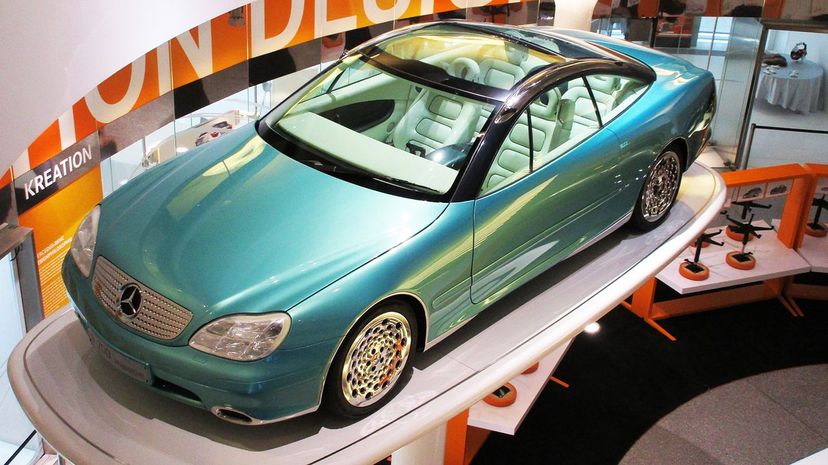
The Mercedes-Benz F200 "Imagination" was a vehicle unveiled at the 1996 Paris Motor Show, and one innovation that captured the audience's attention was its joystick - technically a sidestick - that replaced the steering wheel. The stick could be operated by either the driver or the passenger.
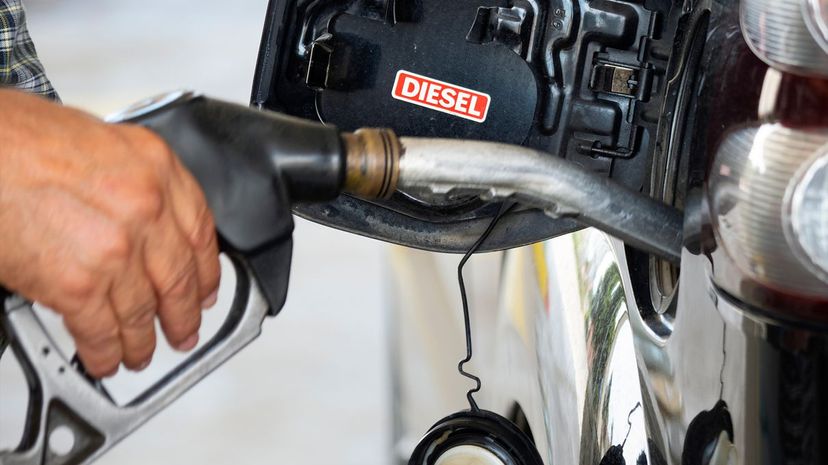
Diesel and gasoline are the most commonly used fuels for trucks and automobiles, but there are differences. Diesel fuel is denser and has more energy per gallon than gas, and it can combust through compression alone, so a diesel engine doesn't need spark plugs to get things going. This does cause problems in cold weather, however.
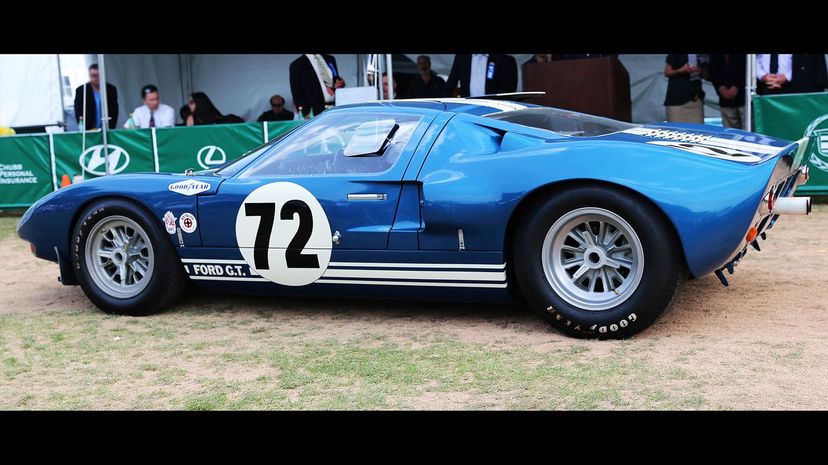
Enzo Ferrari was reported to be in the market to sell his company, and Ford was eager to acquire the brand. After negotiations and expensive audits of Ferrari's assets, Enzo abruptly called off the deal. An enraged Henry Ford II told his racing division, emphatically, to design a car that would beat Ferrari on the endurance racing circuit. The GT40 was the result.
Advertisement

This evocative song about wanting to get out of a dead-end town - complete with slamming screen doors, killers in the sun, Roy Orbison songs and their "one last chance to make it real" - was on Springsteen's classic 1975 album "Born to Run." "Thunder Road" is considered to be one of the greatest rock songs of all time.

Generally, countries that were British colonies, with the massive exception of the United States, drive on the left side of the road, while the rest of the world travels down the right side. Canadians used to drive on the left, but they changed to make travel to and from their neighbor to the south less confusing.
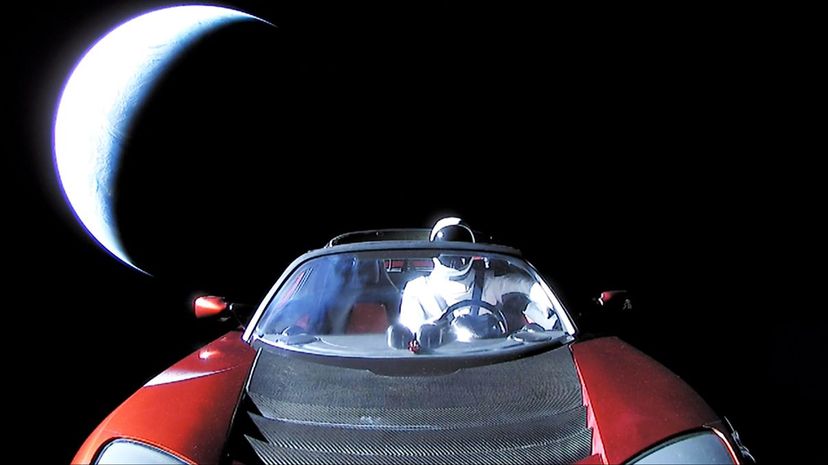
The Tesla Roadster, which was produced from 2008 through 2012, could travel up to 200 miles on a single charge. It went much further than that, however, when it was the payload in a test of the SpaceX Falcon Heavy rocket in 2018. Elon Musk, who is an owner in both companies, used the vehicle as payload to gain publicity, and why not? The car looked cool in space!
Advertisement
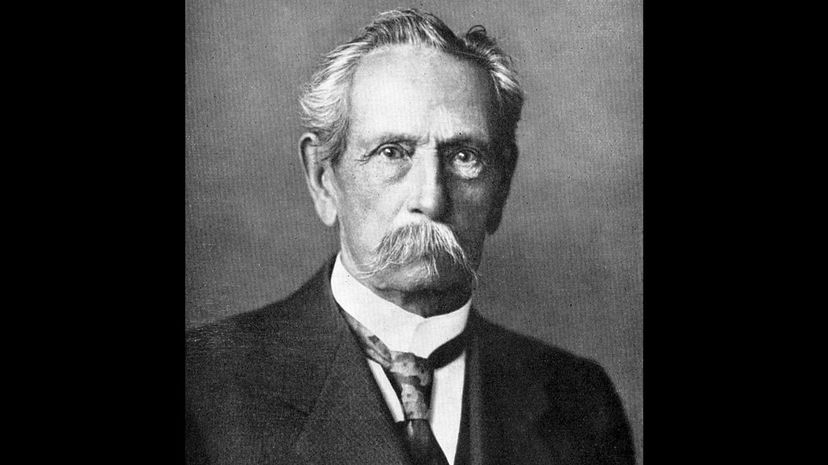
German engine designer Karl Benz received a patent for his Benz Patent Motorcar in 1886, kicking off what would become a global industry. His three-wheeled vehicle with its gas-powered four-stroke engine could only produce 0.8 horsepower and had a top speed of 10 miles per hour, but it launched a transportation revolution.